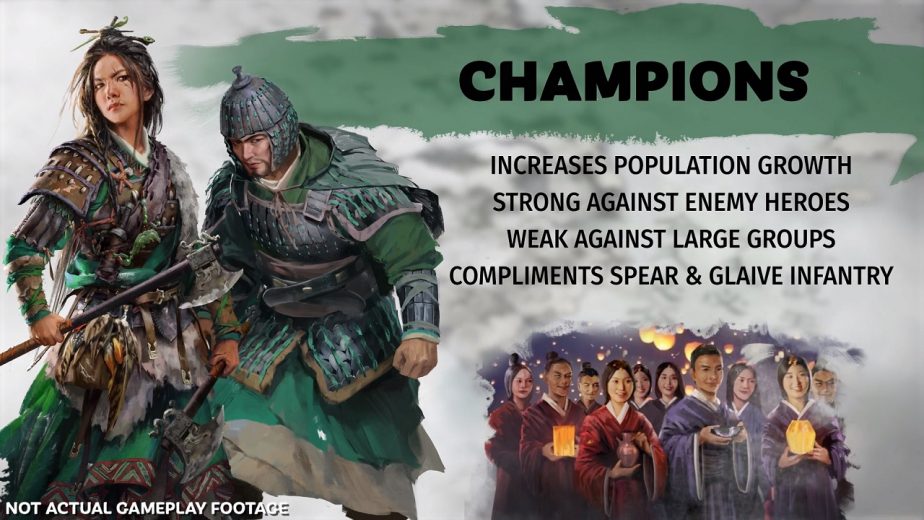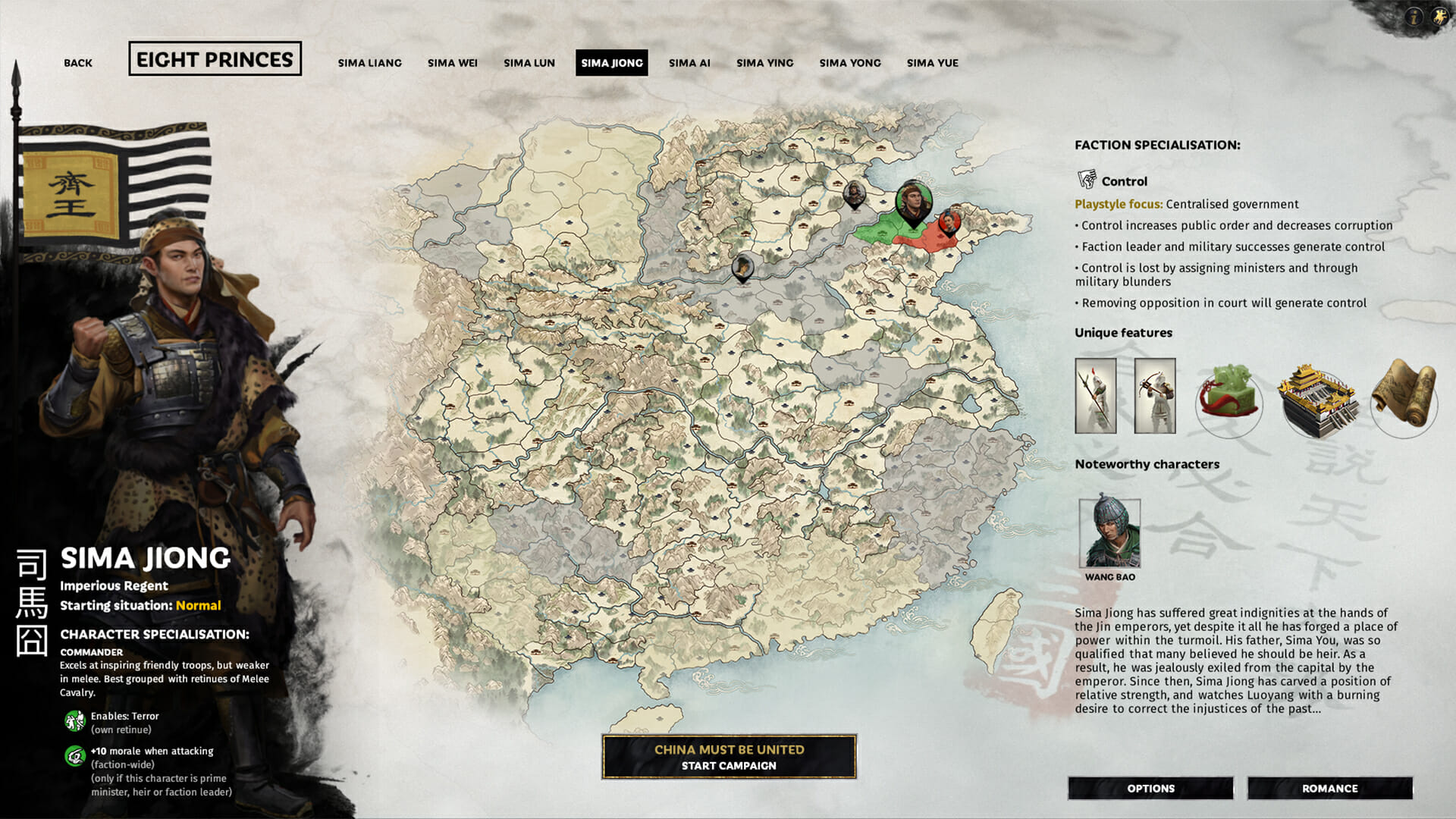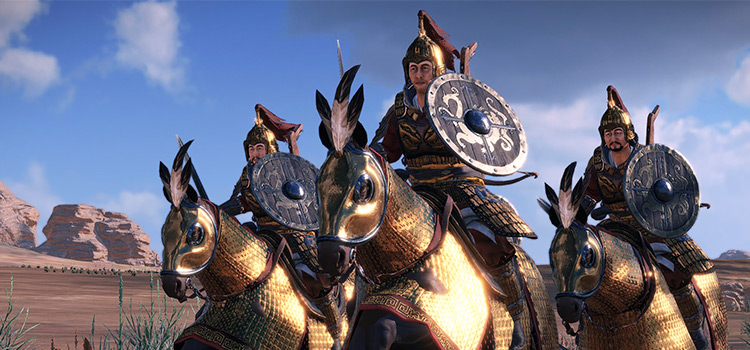
For better or for worse, that means they won’t always get along with each other. In Three Kingdoms, these officers aren’t just pawns on a chessboard they have unique attitudes, aspirations, and opinions on other officers. Where you position your characters is important not just for you, but for the characters themselves. Qu Shao is a smart dude, but he’s also relentless and vain. Do you want them on the field leading a battle? Or would you rather have them administering a city, or out spying on your rivals? Maybe you don’t want them at all, and would be better off marrying them out of your faction for some quick cash and improved relations. With these attributes in mind, the next step is deciding where the officer can best serve you. Everything has a counter, everything has a balance 3. The five colors yellow, purple, blue, green, and red match the five elements (earth, metal, water, wood, and fire respectively) where each element nurtures another, and is countered by its opposite. A character with high expertise will reduce building costs, which means you have more money to spend on extra upgrades or larger armies. Expertise also helps with administering commanderies. They have improved melee defense and work great with shielded infantry and defensive garrisons. Green characters are also the best duelists, so in battles use them to duel and kill opposing generals to sew terror in enemy ranks.Įxpertise (purple): On the battlefield, Expertise is a measure of evasion and defense, making retinues led by a Sentinel very hard to break. Raising this attribute will keep your unit alive longer on the battlefield, and will help them boost population (more peasantry = more money!) in commanderies if they’re assigned as administrators. Resolve (green): A high resolve means a high vitality. Don’t forget that higher instinct levels also means that initial recruitment costs are lower, so these generals can lead bigger, mightier armies. These generals excel at melee combat and belong on the front lines, particularly when leading a shock cavalry charge. Instinct (red): Red is the color of blood and valor, and as such designates a character’s military might and battle prowess. They are, however, exceptionally good when leading ranged units, and in Three Kingdoms archers reign supreme, so don’t discount these archetypes from your armies! Characters with high cunning also grant troops in their retinue more ammunition and overall military supplies. When fighting they’re great at keeping your units’ morale high.Ĭunning (blue): Blue characters are used for strategy and planning (and also make good spies), but generally aren’t great in a fight. Politically these characters are good at boosting satisfaction. The attributes are:Īuthority (yellow): Authority connotes leadership in Three Kingdoms, and represents a general’s ability to lead others both on and off the battlefield. These attributes are color-coded per character, and everyone has their strengths and weaknesses. Every character has a set of attributes which grow and change, depending how you mold them. Let’s simplify this tip even more: The characters at your command mean everything – your court, your family, your commanderies (cities), your armies, and your very administration. Reaching new levels of leadership grants expansive bonuses 2. Prestige is earned through taking enemy commanderies and expanding your territory, and slowly covering the map with your flag and your flag only.

While there are many types of currency in the game like gold or food, the only one that progresses you to the win state is prestige, which lets you rise to claim higher titles, eventually culminating in a battle for the title of Emperor. The way to win any of the campaigns in Total War: Three Kingdoms is to unite and rule over all of China. As such, it’s easy for novice players to lose sight of what you’re supposed to be doing. Once you load up your first campaign (we recommend starting with Cao Cao, Sun Jian, or Liu Bei) you’ll get a few missions (like conquering the Han, for instance), but the game will quickly stop holding your hand once you start making progress. You can’t make a claim for Emperor without climbing up the hierarchy, and you can’t climb that ladder without earning prestige.

Check out these 10 beginner tips and you’ll be min/maxing commanderies and scoring decisive victories like you were born with a glaive in hand.

Whether you’re new to Total War: Three Kingdoms or are new to the Total War franchise as a whole, this is the guide for you.


 0 kommentar(er)
0 kommentar(er)
